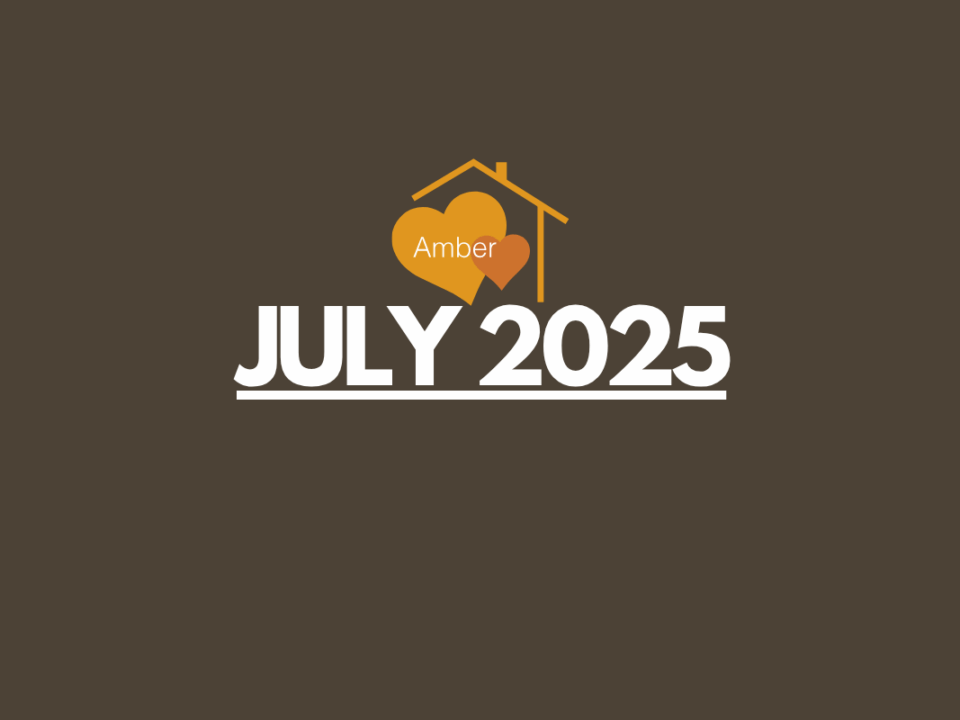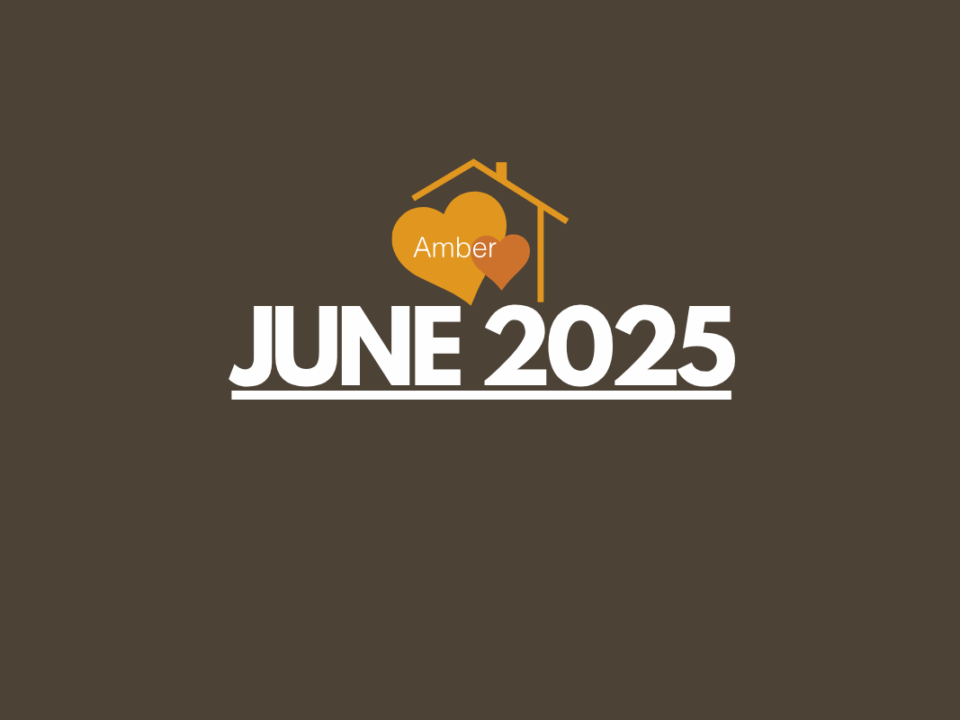Finding the right balance: Are 12-week assessments long enough?
04/09/2024Case Study: Josh, Hannah, and Ronnie
16/10/2024By Diana Wright, October 2024.
I have worked at Amber Family since February 2019. During my time working as a Support Worker, I observed many people arriving to undergo a parenting assessment that had either a drug or alcohol addiction dependency in their life. I also observed a noticeable increase in those coming into placement with addiction problems.
Roll onto 2023. After being a Support Worker for the previous 4 years, a role came up within Amber Family to join the training team. During my interview for the position, we talked at length about the need for the parents coming into placement to have access to an in-house support program to help with their addiction to either alcohol or drugs. The need for our parents to be supported with addiction has grown over the years.
I was successful in applying for the position, and in March 2024, I passed the Level 3 Drug and Alcohol course. I used the knowledge gained from this training to set up an in-house program to support those in placement, the ‘Drugs and Alcohol Relapse Prevention’ program. The DARP program is implemented across six sessions, with an optional seventh session available should the parent feel like they would benefit from it. Each session is constructed to ensure that the relationship between the DARP Practitioner and the parent is developed and trust is built and maintained in “Walk and Talk” sessions. We discuss their relationship with substances, their history and their triggers. We talk about how to deal with these triggers and what we, as a staff team, can do to support them during their time in placement. Finally, prior to them leaving Amber, we create a safety plan together and signpost the parent to support services for when they return to the community.
There has never been a greater time to support parents with their addictions. A lot of parents that arrive at Amber have never had any support to help them battle their addiction, or for whatever reason, they have been unable or felt unsupported to reach out for support.
Addiction can be frowned upon in society, and supporting our parents during the program has made me realise that you cannot judge people on their addiction without looking at how, when and why they became addicted. Everyone has their own story, and recreational use is not always the beginning. Some people have relayed to me their own story of how their addiction started and how they found themselves at the lowest ebb of their life; someone then came along and said, “Try this; it will help”, and that was the life-changing moment where the addiction began, and life started to spiral out of control.
As I listen to that person, I can put myself in their shoes and understand why they were dragged into addiction. It may have been a wrong choice at the time, but I understand their situation led them to that place, and I absolutely cannot judge them because of this. I can listen to them. Anyone can listen, and in doing so, you are aiding and supporting that person’s road to recovery. And just by listening, you are helping them.
Addiction is for life. Once you become addicted, it’s something you have to learn to live with and develop ways of coping and doing new things to help you overcome your battle. I’m proud to be such a major part of this battle whilst supporting our parents living with us at Amber Family.


